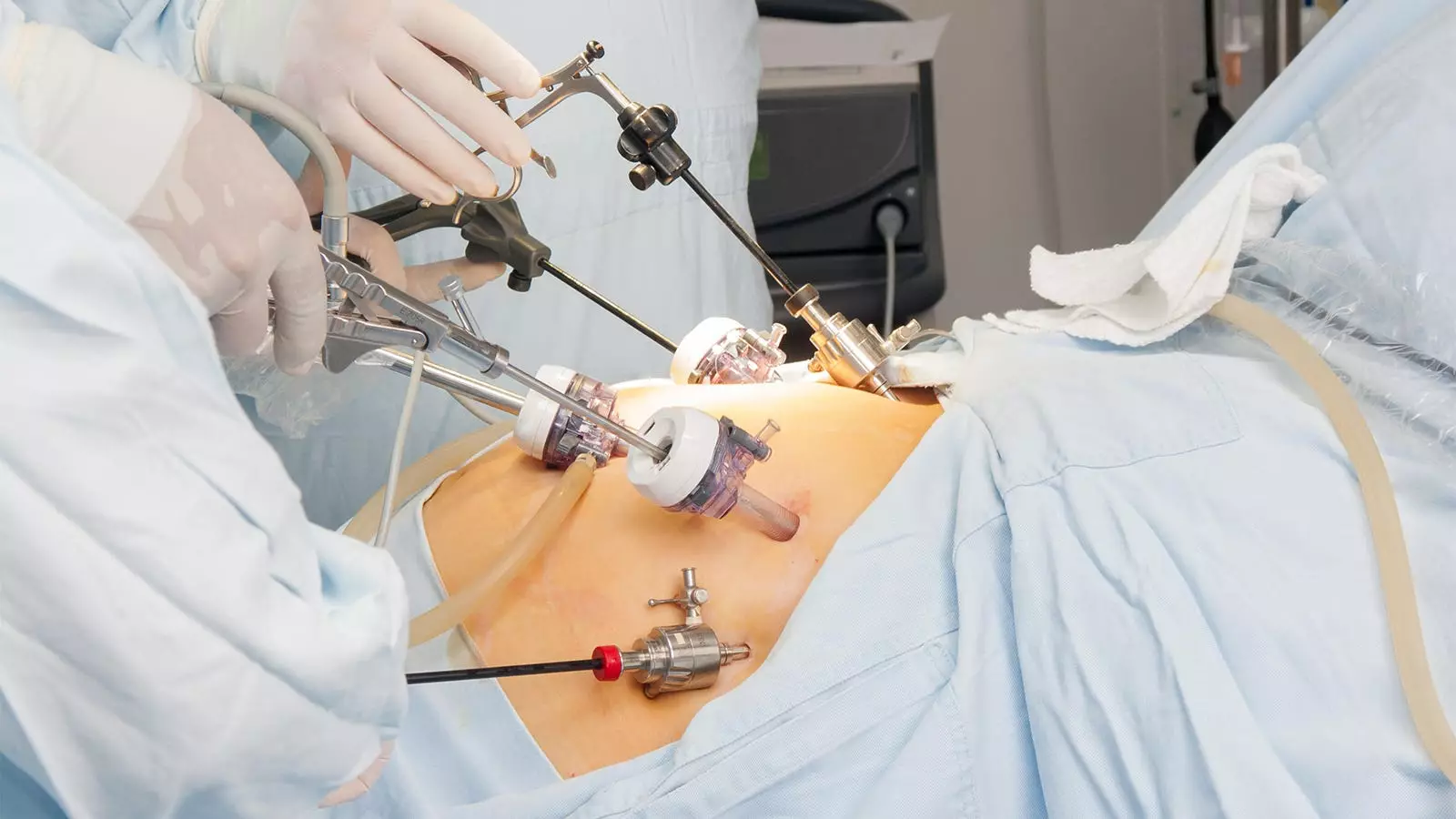In the field of bariatric surgery, the safety of different procedures is of utmost importance. In a recent study conducted by Suzanne Hedberg, MD, PhD, and colleagues from the University of Gothenburg in Sweden, the safety and perioperative complications of laparoscopic sleeve gastrectomy (LSG) and laparoscopic Roux-en-Y gastric bypass (RYGB) were compared. The study aimed to determine if there are significant differences in adverse events (AE) and safety outcomes between the two procedures. The findings of the study provide valuable insights into the short-term risks associated with LSG and RYGB.
The BEST trial included 1,735 patients undergoing primary bariatric surgery. The incidence of any AE at 30 days did not significantly differ between LSG and RYGB patients, with rates of 4.6% and 6.3%, respectively. Serious AEs also showed no statistically significant difference, occurring in 1.7% and 2.7% of LSG and RYGB patients, respectively. Importantly, no deaths were reported in either group within 90 days of the surgery.
Difference in Small Bowel Obstruction
One notable difference between LSG and RYGB was the occurrence of small bowel obstruction. None of the patients in the LSG group experienced this complication, while six patients (0.7%) in the RYGB group did. The researchers attributed this difference to the specific surgical technique used in RYGB (the Lönroth technique). This finding highlights the importance of understanding the potential risks and benefits associated with different surgical procedures.
Readmission Rates and Hospital Stay
The study found that 30-day readmission rates did not differ significantly between LSG and RYGB patients, with rates of 3.1% and 4% respectively. Additionally, the postoperative hospital stay was similar for both procedures, with an average of 1 day. These findings suggest that the length of hospital stay and the likelihood of readmission are not major factors to consider when choosing between LSG and RYGB.
Operating Time and Complexity
One notable difference between LSG and RYGB was the average operating time. LSG had a significantly shorter operating time, with an average of 47 minutes compared to 68 minutes for RYGB. This difference can be attributed to the higher complexity of the RYGB procedure. Despite this difference, both procedures had low and very similar perioperative AE rates, indicating that the choice of surgical procedure should not be solely based on short-term surgical risk.
Although this study focused on short-term perioperative complications and safety, the researchers plan to track the patients for a longer duration to evaluate weight loss and serious AEs 5 years after surgery. These long-term outcomes are crucial for assessing the overall effectiveness and safety of LSG and RYGB.
Study Limitations
It is important to consider the limitations of the study. The participants were recruited from 23 hospitals in Sweden and Norway, which may limit the generalizability of the findings to other populations. Additionally, the upper BMI limit of 50 may not apply to all bariatric patients. Other exclusion criteria, such as substance use disorder, uncontrolled psychiatric disease, and previous major upper gastrointestinal tract surgery, further restrict the generalizability of the study results.
The findings of the BEST trial provide valuable insights into the safety and perioperative complications of LSG and RYGB. The study showed that both procedures had similar rates of perioperative AEs, indicating that short-term surgical risk should not be the deciding factor when choosing the surgical procedure. Instead, the long-term suitability of the procedure to each patient should be of higher relevance. The results also highlighted the importance of understanding the potential risks and benefits associated with different surgical techniques. As the study continues to track patients for long-term outcomes, further evidence will be gathered on the effectiveness and safety of LSG and RYGB in the treatment of obesity. This information will be invaluable for both healthcare professionals and patients in making informed decisions regarding bariatric surgery.


Leave a Reply